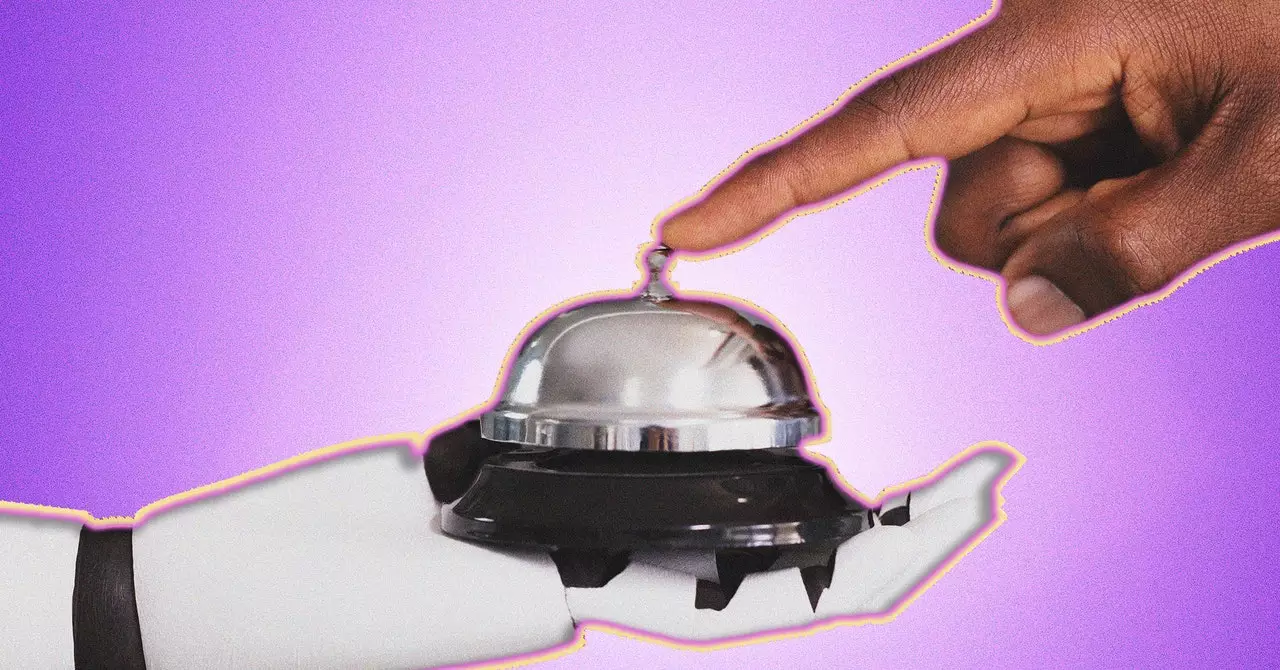In an age where technology permeates every facet of our lives, the restaurant industry is not immune to these sweeping changes. One of the most fascinating developments is the integration of artificial intelligence (AI) in the form of voice assistants to manage customer interactions. Among these AI personalities, voice assistants like “Jasmine” have begun to reshape how businesses in the hospitality sector handle everything from reservations to customer inquiries. This article delves into the emergence and implications of AI voice technology in restaurants, examining its benefits, challenges, and the changing landscape of consumer behavior.
The Personal Touch of Digital Assistants
When one engages with these AI assistants, the experience might initially feel reminiscent of talking with a human staff member. The friendly, albeit pre-programmed responses serve to create an inviting atmosphere, essential for the dining industry. High-end restaurants in bustling cities such as New York and San Francisco are turning to AI to alleviate some of the customers’ frequently recurring inquiries. The technology is designed to handle questions about menu items, seating capacity, dress codes, and more. This not only eases the workload of the human staff but also enhances efficiency by reducing the frequency of phone interruptions during meal service.
Startups like Maitre-D AI and Slang are capitalizing on this trend by launching comprehensive systems tailored for restaurants. These voice-based platforms are becoming increasingly sophisticated, with capabilities that can accommodate multiple languages and diverse customer inquiries. Hospitality owners have begun to recognize that these tools can significantly streamline operations, improve service quality, and ultimately boost customer satisfaction. The innovation itself, however, raises pertinent questions regarding the future of personal service in dining establishments.
Why Are People Still Calling Restaurants?
It might seem counterintuitive to rely on voice calls when digital platforms offer instantaneous solutions for reservations and inquiries. Yet, research indicates that many patrons still prefer to pick up the phone. Factors such as last-minute bookings, the needs of older demographics, and in-the-moment planning all contribute to the ongoing relevance of phone calls. The anecdotal evidence provided by industry insiders lends credence to this assertion. Restaurant managers report high volumes of incoming calls, particularly during peak hours when diners feel more immediate urgency regarding their dining decisions.
Alex Sambvani, CEO of Slang, highlights that popular restaurants receive an impressive volume of calls—between 800 and 1,000 monthly—underscoring the necessity for effective communication systems. Matt Ho, owner of the Vietnamese restaurant Bodega, echoes this sentiment, explaining how a saturated phone line can divert attention from dining patrons, thus detracting from their overall experience. AI voice assistants like Jasmine address this communication bottleneck, offering a responsive solution in contexts where speed and accuracy are paramount.
As AI technology continues to evolve, the implications for restaurant customer service are vast. While AI voice assistants can provide efficiencies and handle routine questions, one must consider the human element of hospitality. Will patrons feel as special, or will the charm of personalized service erode as automated systems proliferate? Restaurants must navigate these waters carefully, balancing the advantages of technology with the irreplaceable value of human interaction.
In addition, with subscription tiers and added features vying for restaurant budgets, a careful analysis of cost versus benefit becomes crucial. As these AI systems advance, considerations for customer data privacy, inclusivity in communication, and adapting to diverse clientele must also play into strategic planning.
AI voice assistants are redefining customer interaction in the restaurant landscape, proffering solutions to challenges that have long plagued restaurant owners. Yet, as establishments adopt this technology, they must remain vigilant in preserving the essence of hospitality. The journey of marrying technology with personal service will shape the future of dining. By leveraging AI judiciously, restaurants can optimize their operations while maintaining the warmth and connection that define the human experience. This delicate balance will be crucial as the industry prepares for an era where digital and personal service coalesce harmoniously.

